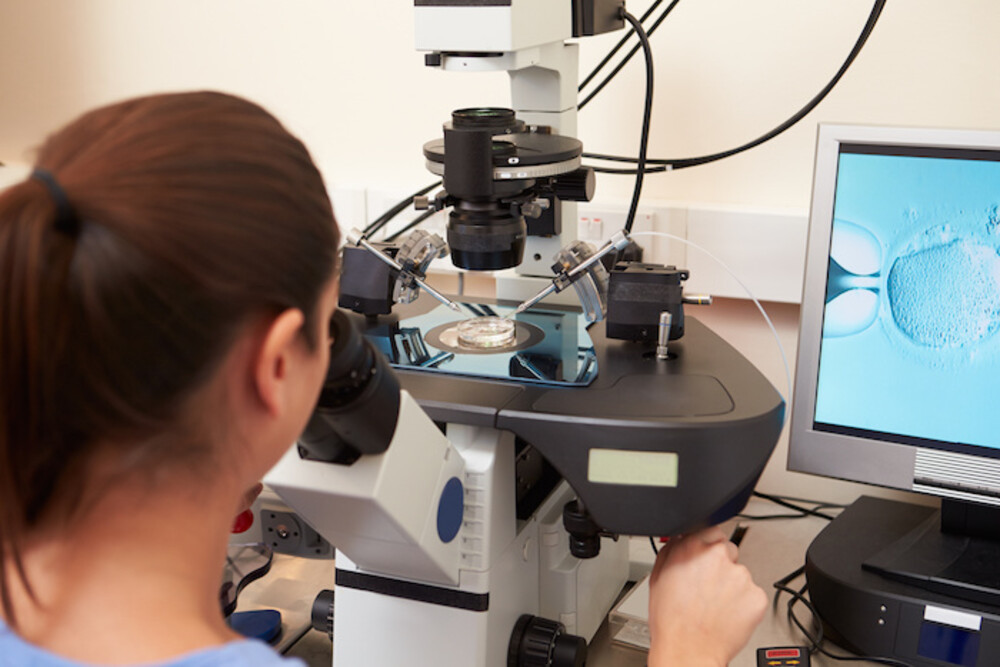
A new research study has received widespread attention within the fertility community, thanks in part to this story from the National Post. According to the study’s results, most Canadian egg donors receive payment far in excess of their expenses. In many cases, this payment amounts to a bonus of several thousand dollars. It is willingly provided by the intended parents out of gratitude for their donor’s services, and with the acknowledgment of the medical risks involved in the procedure.
Such payments violate Canada’s Assisted Human Reproduction Act. This deeply controversial law limits payments for egg donation to amounts sufficient to cover the donor’s medical bills. It was passed in 2004, and was fully in force by 2007. It remains, to the present day, one of the world’s most comprehensive pieces of legislation concerning reproductive assistance technologies and research.
Divided Views on Openly Commercial Egg Donation
The lead researcher in the study was Cambridge University PhD student and Ottawa native Kathleen Hammond. Ms. Hammond conducted in-depth interviews with twenty intended parents and fifteen egg donors, who found each other through a variety of websites. She discovered that, where additional compensation was offered – as in the majority of cases – the amount was typically between $3,000 and $5,000 more than what the Assisted Human Reproduction Act permits.
There was some variation in the precise amount, as well as in what form it was delivered. One donor was given the use of a car, so that she might make her regular medical appointments. Following the conclusion of the process, however, she was allowed to keep the vehicle. “The intended parents were always very willing,” Ms. Hammond notes, in regard to those cases where additional compensation was forthcoming. “They felt that their donors had done this enormous thing for them, and had given up a lot of time.” Everyone was also very much aware of the limits imposed under Canadian law: “The intended parents, in particular, were fine with breaking the law.”
Before this study, there was ample anecdotal evidence that the Assisted Human Reproduction Act had frequently been ignored since its implementation. A great deal of controversy surrounded this observation, with individuals on either side pointing out that the Canadian government seemed “unable or unwilling” to enforce this particular prohibition. Individual fertility treatment centers have long since taken note, with some introducing their own measures to ensure that they are themselves in full legal compliance. “If an in-vitro fertilization patient brings in an egg donor that is not a friend or relative, we refuse to treat them,” says Jeff Roberts of The Pacific Centre for Reproductive Medicine. “At the same time, many women obtain their eggs through egg donors from the United States, where it is legal to compensate a woman for egg donation.”
Laws concerning egg donation vary from state to state within the US, but the American Society for Reproductive Medicine caps the payment to an egg donor at $10,000 for the time, effort, and inconvenience involved in the egg donation procedure.
Ethical Concerns With Commercial Tissue Donation
Francoise Baylis is a professor of bioethics at Dalhousie University. She is a widely recognized authority on the intersection of ethics and medical practice. She wants to know why the Canadian government is treating egg donation differently from the process involved in any other form of live tissue donation.
“No one is arguing that donors of blood, living organs, or bone marrow should be paid, despite the current shortage of each,” Professor Baylis asserts. The donation of organs and bone marrow, in particular, are major medical procedures. They are widely known to be fraught with their own donor risks, long recovery times, lengthy inconvenience, and personal discomfort.
“Only one company has ever been prosecuted for violating the ban on profiting from the trade in human eggs – and that was after a tip from the U.S. police… The eleven-year-old Assisted Human Reproduction Act has never been given the chance to work. Health Canada needs to do its job.”
Previous Challenges to the Assisted Human Reproduction Act
Following previous controversy, the Supreme Court of Canada ruled in 2010 that certain parts of the Assisted Human Reproduction Act were unconstitutional. They felt that these sections of the law exceeded the legislative jurisdiction of the national Parliament. The sections so addressed related primarily to respect for the privacy of individual Canadian citizens, but the fact that parts of the law were overturned lent hope to those who wish to see it further amended.
“Canadian law needs to become a little more permissive,” says Cambridge researcher Kathleen Hammond. “I don’t believe in an openly commercial system, but egg donors can miss work, and they face certain reproductive health risks. We should offer better compensation.”